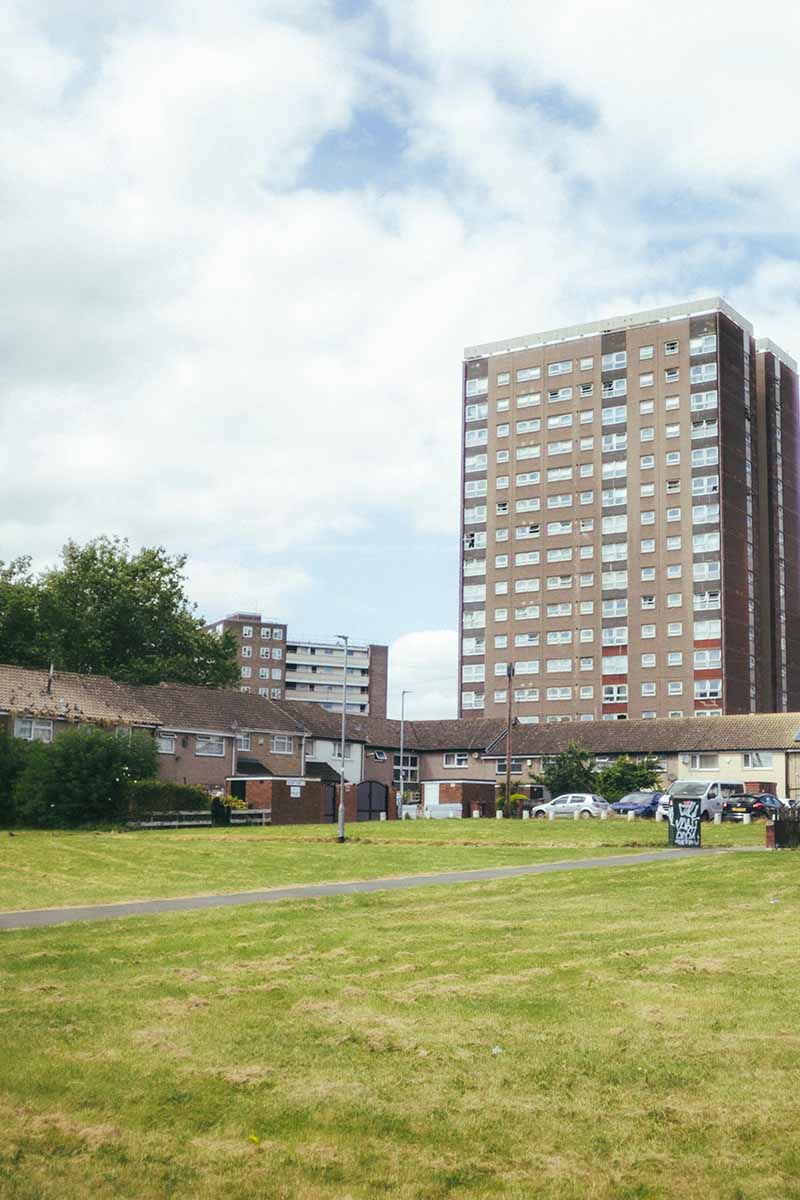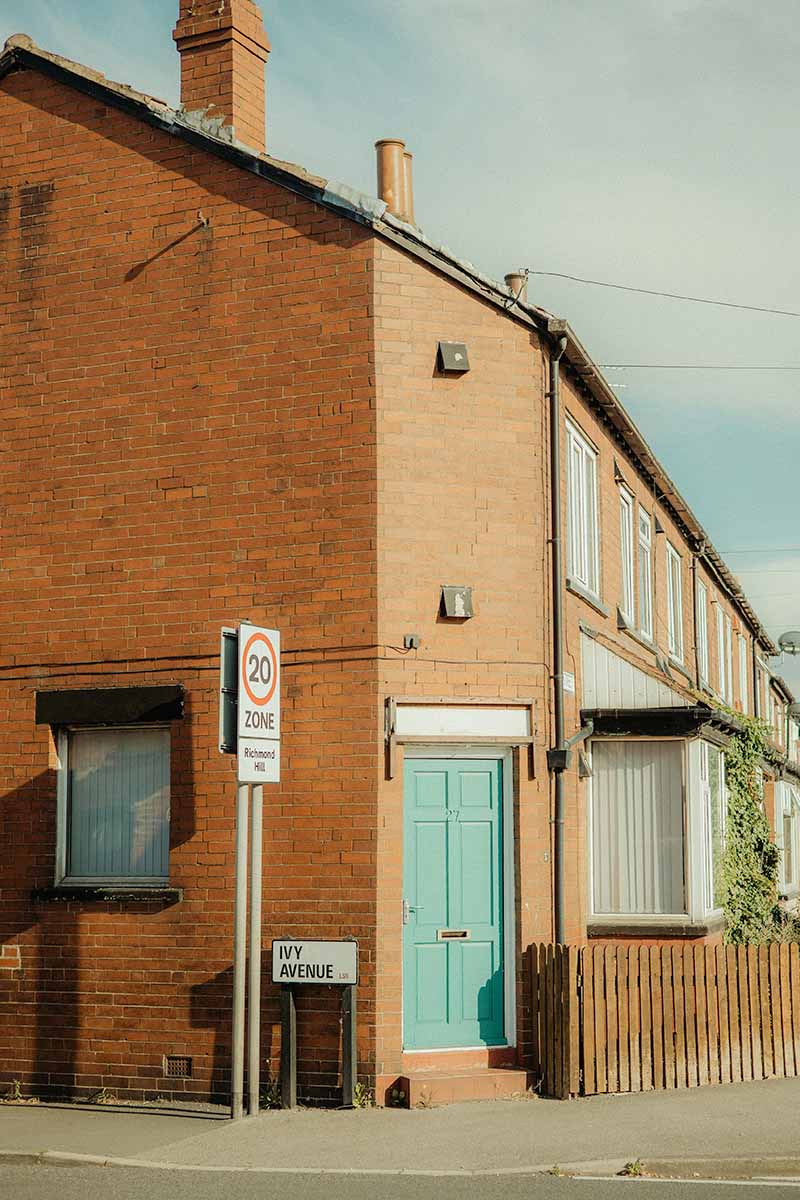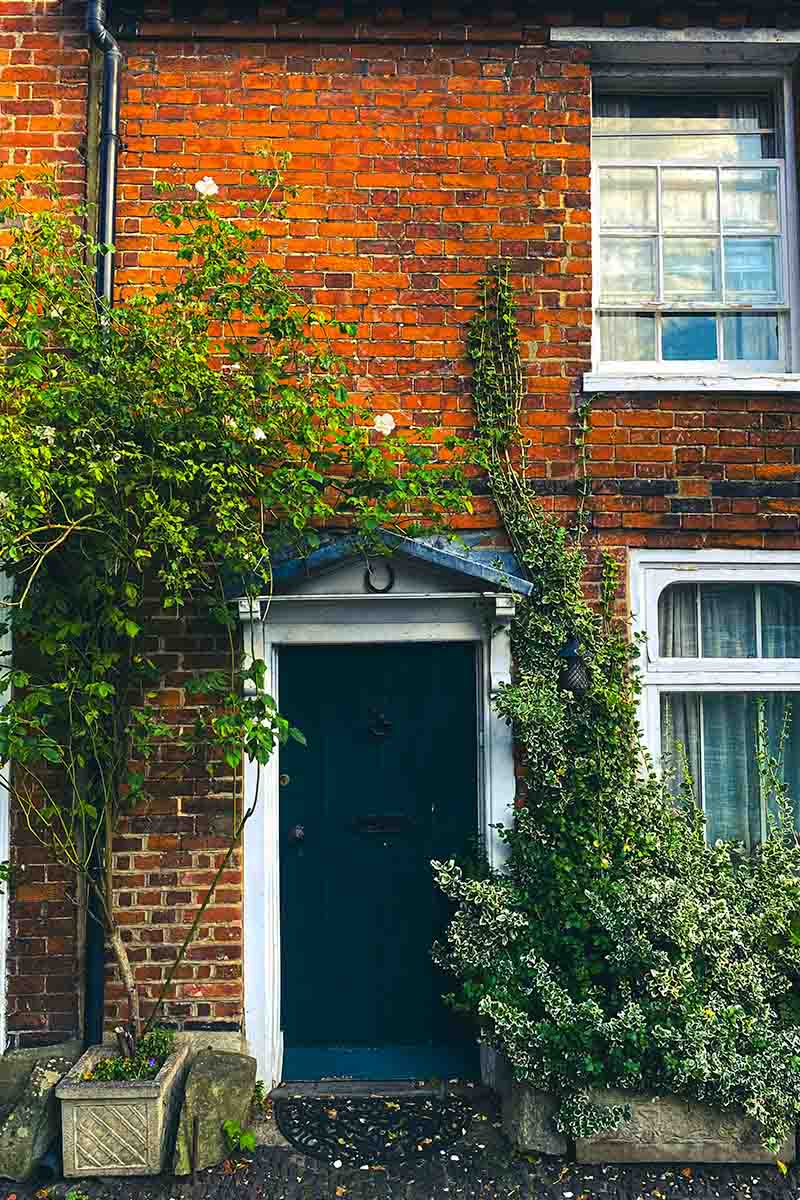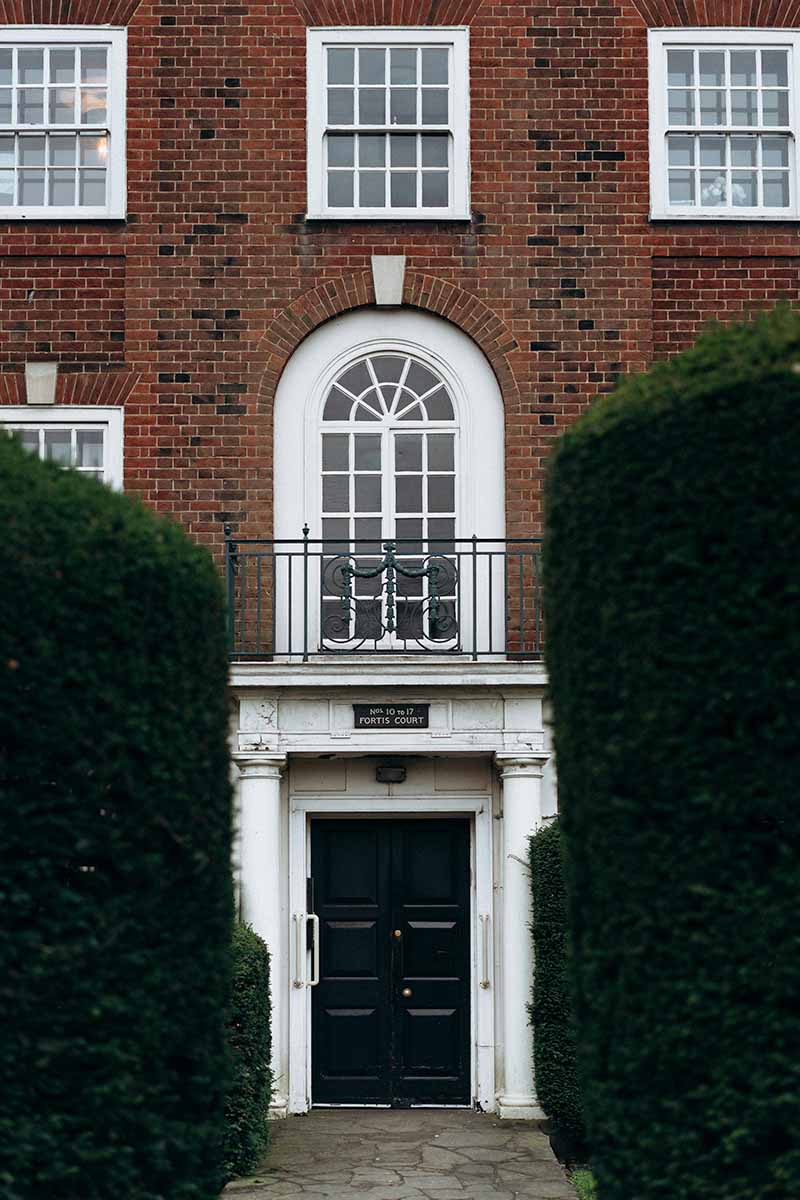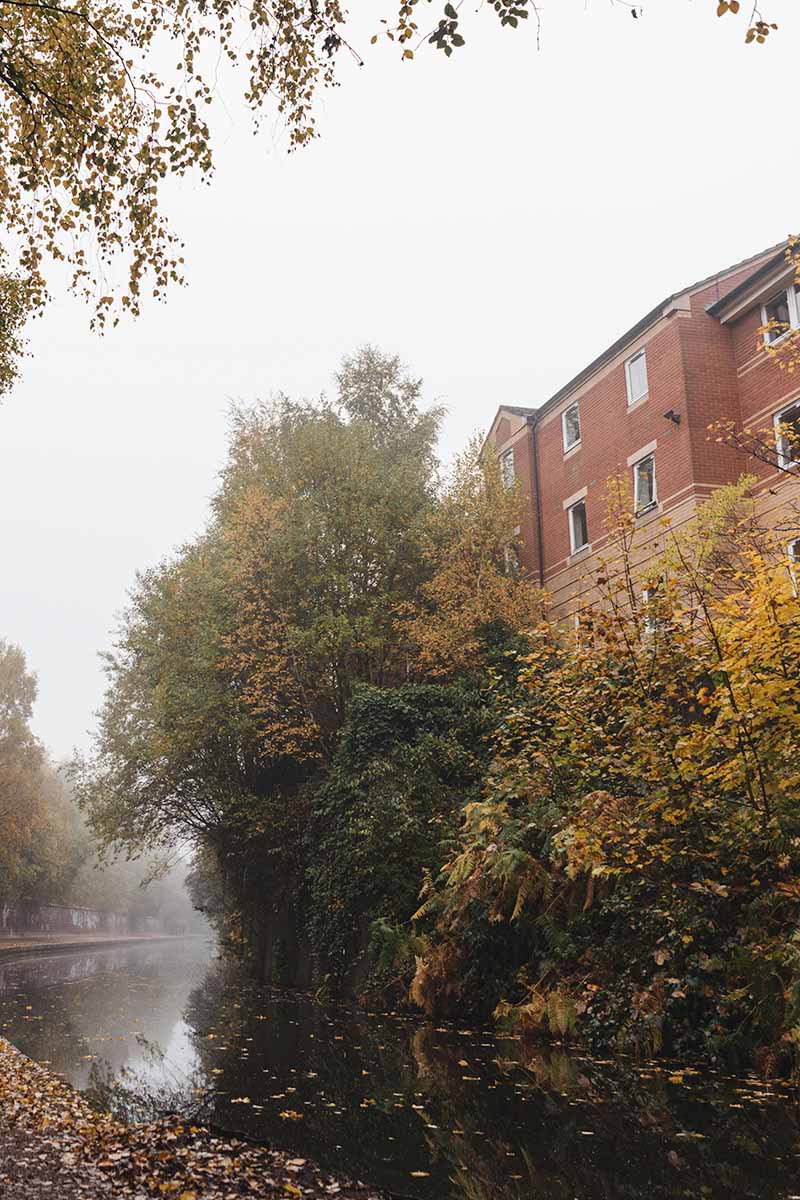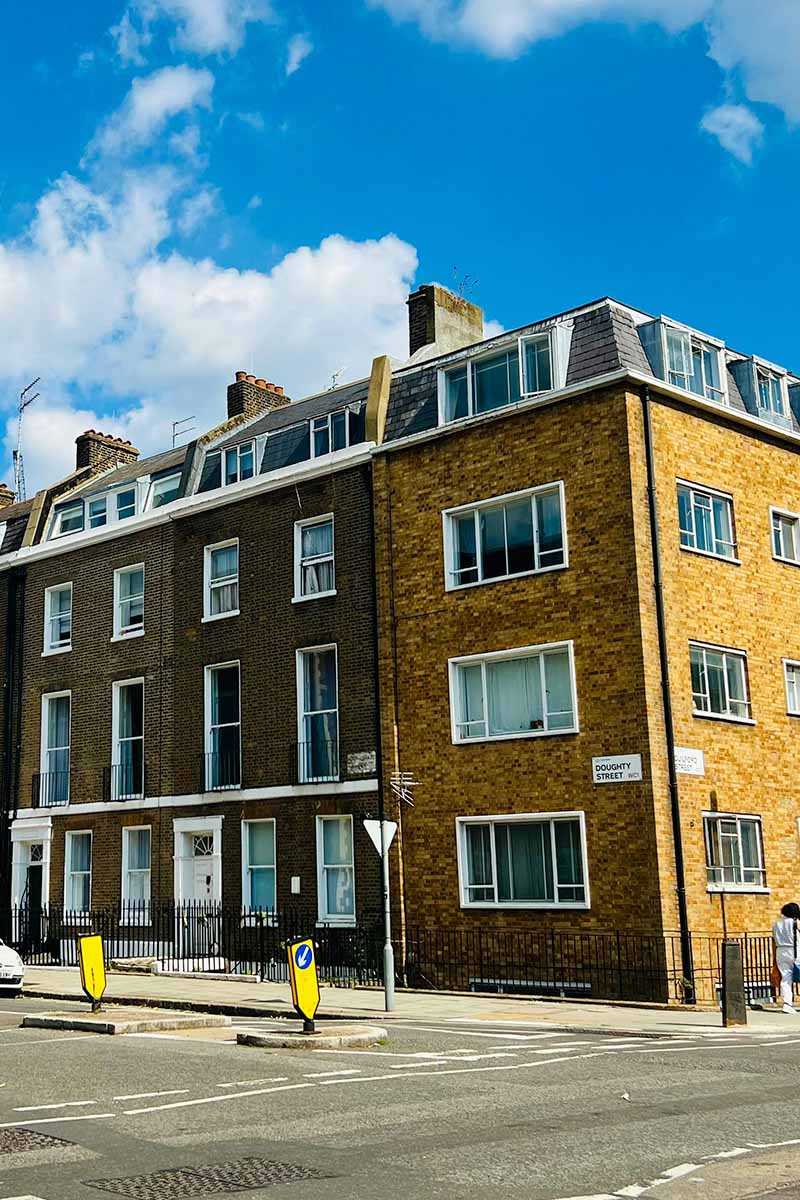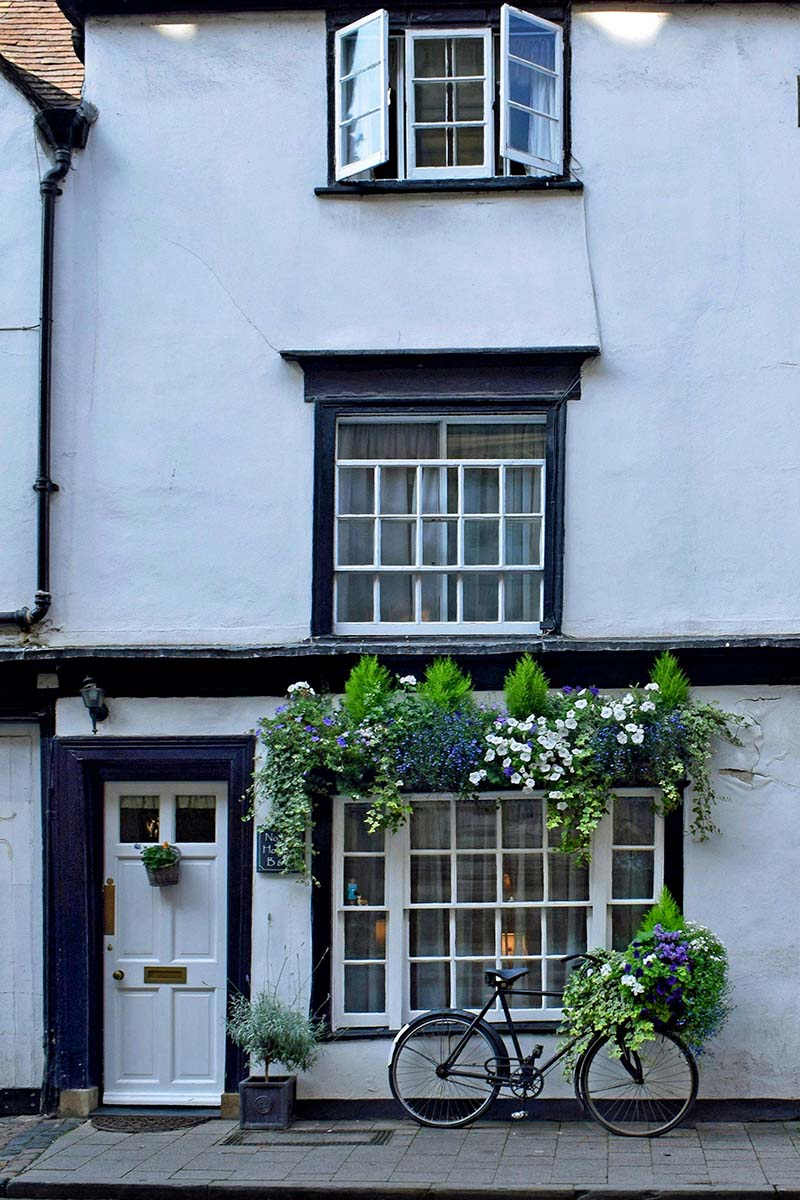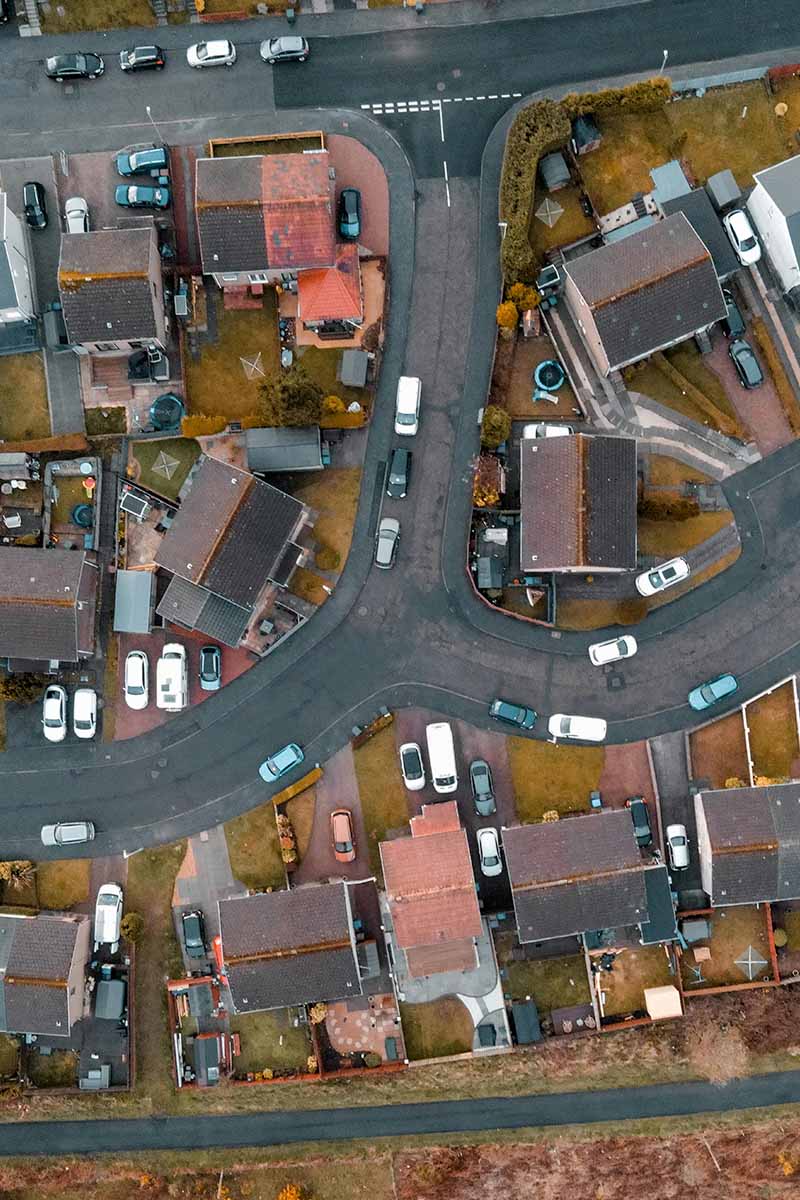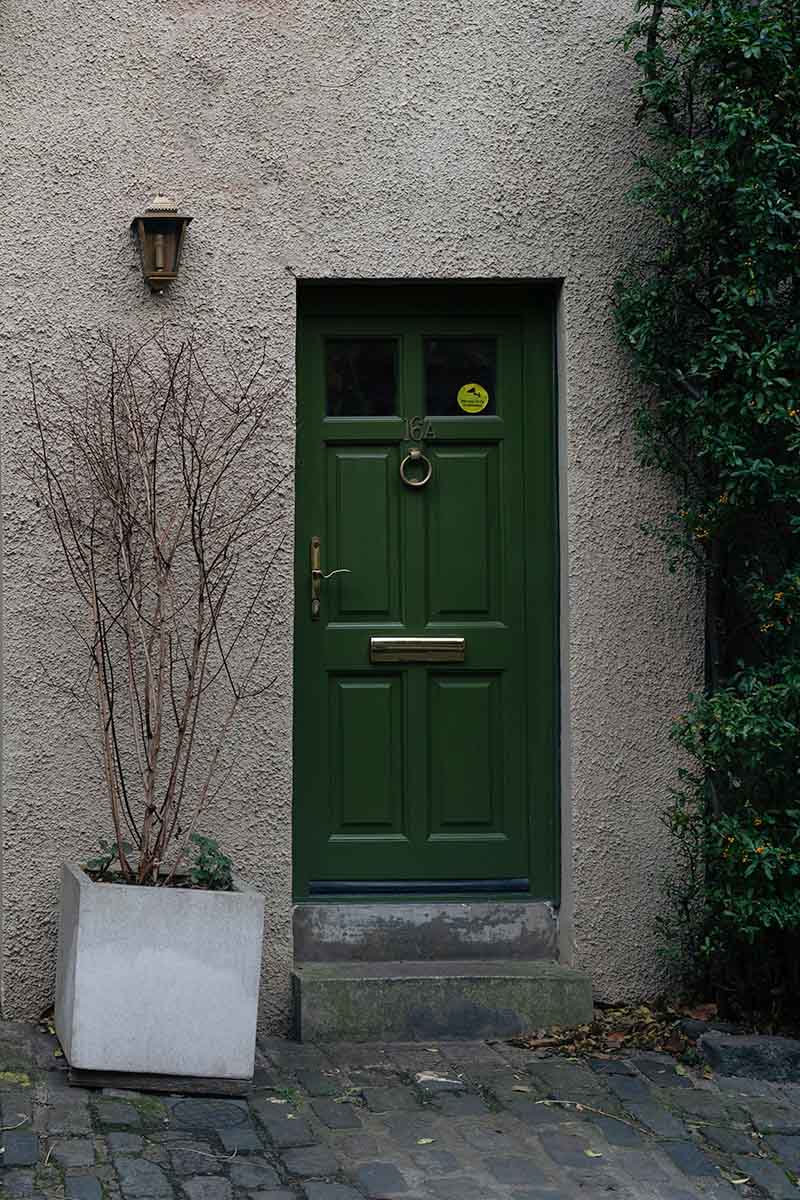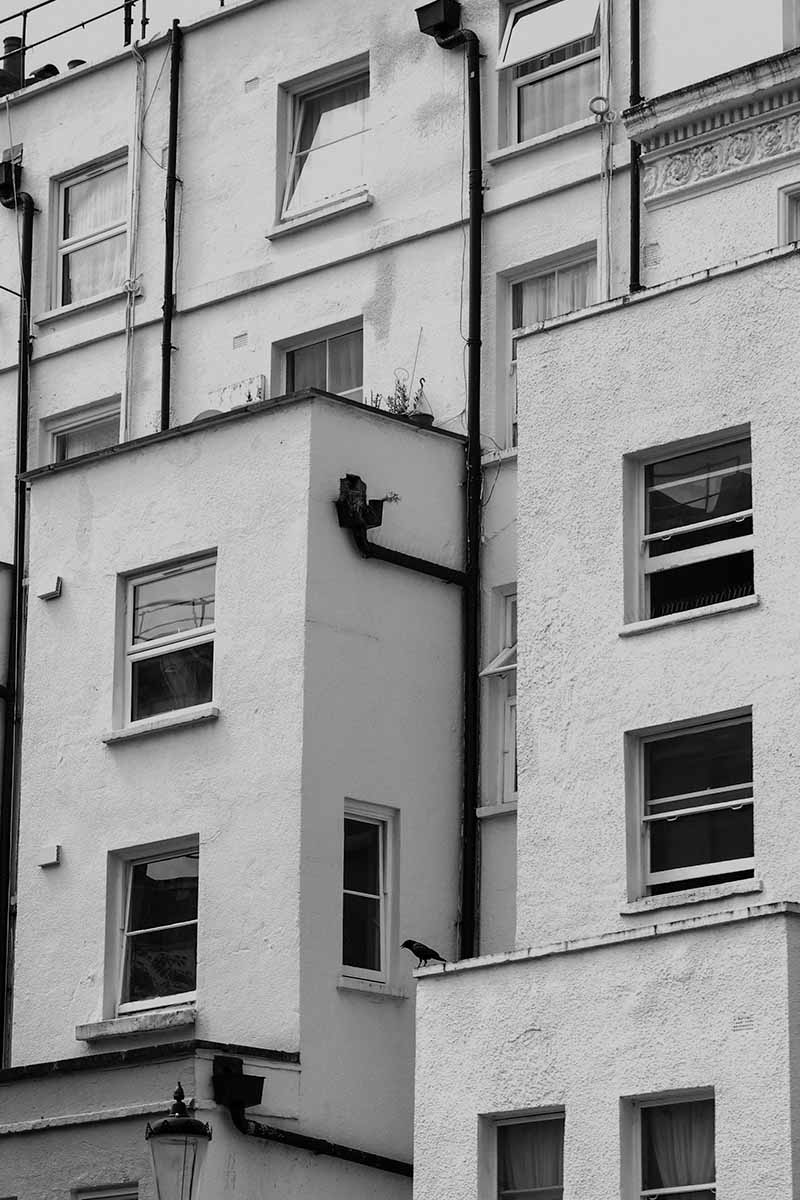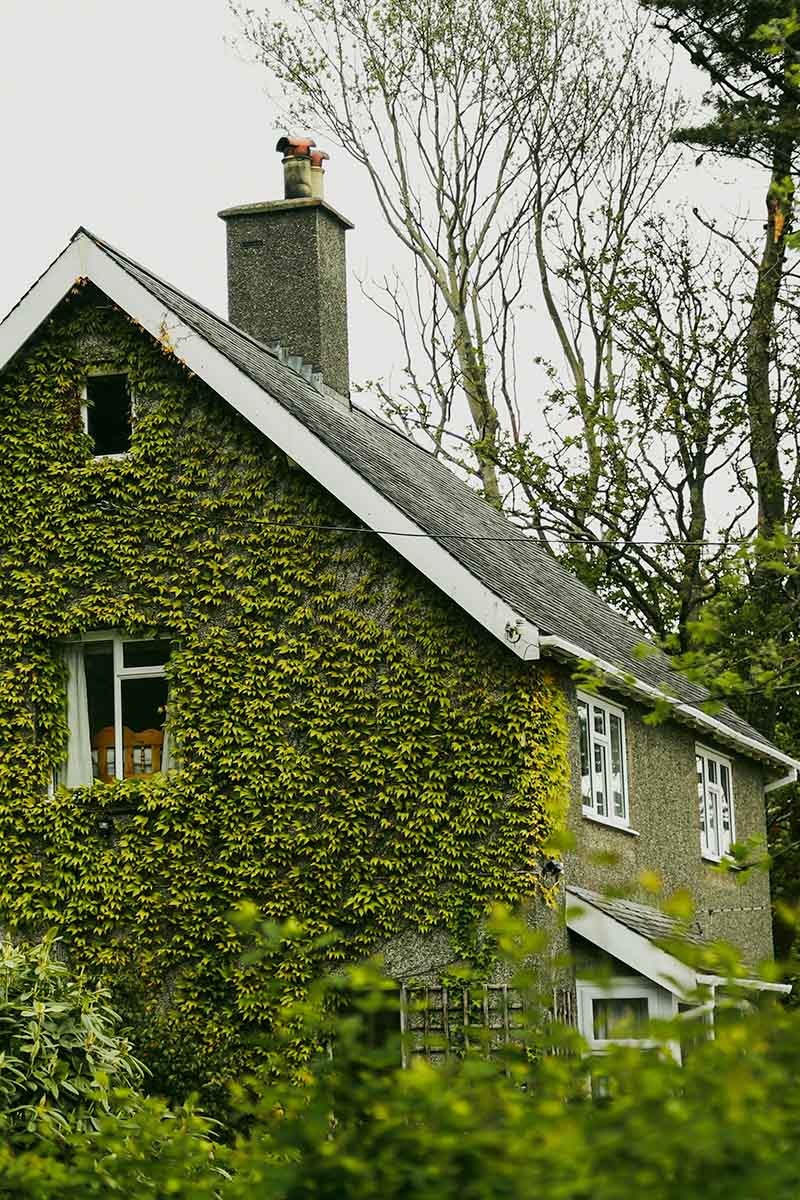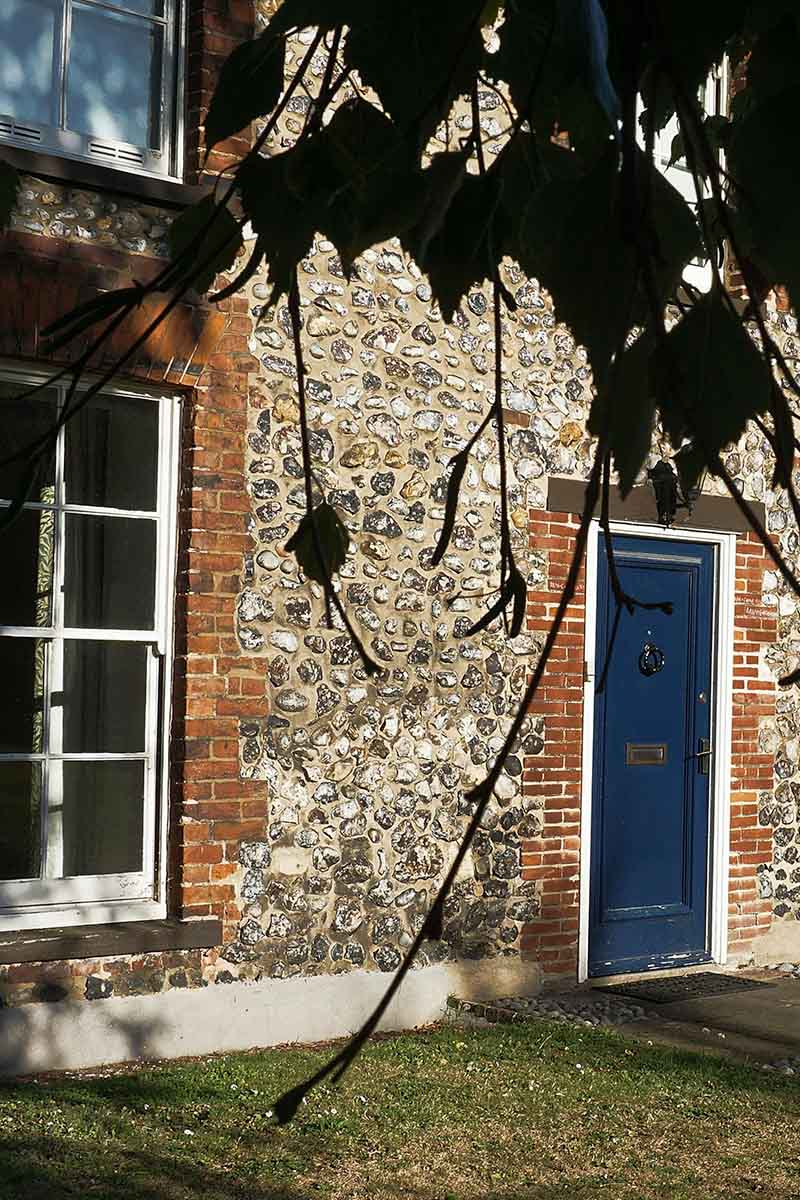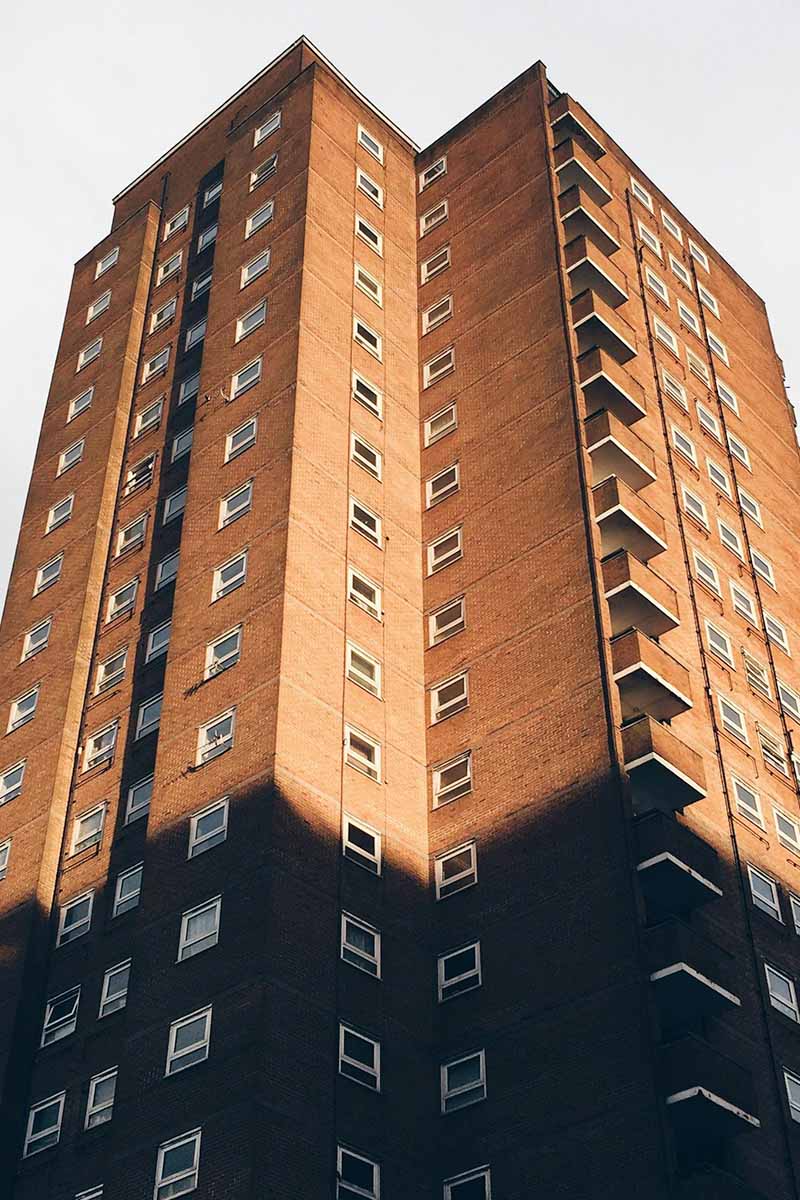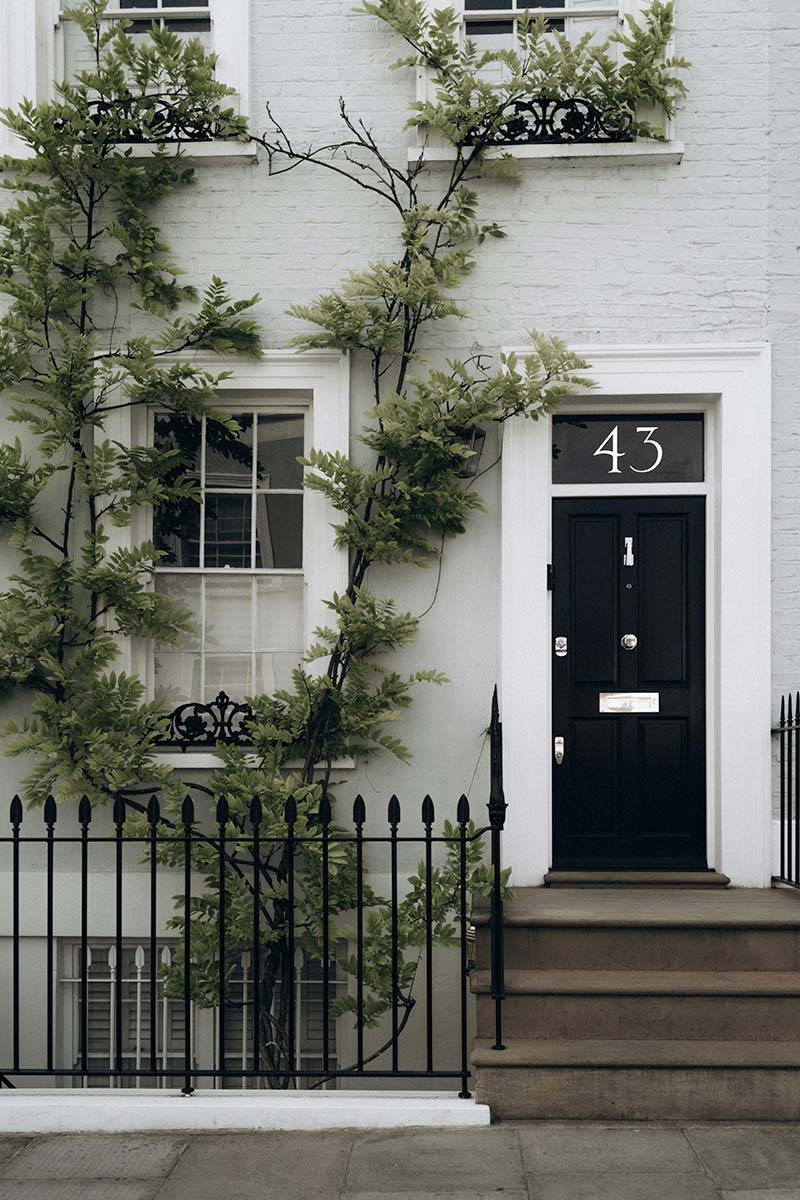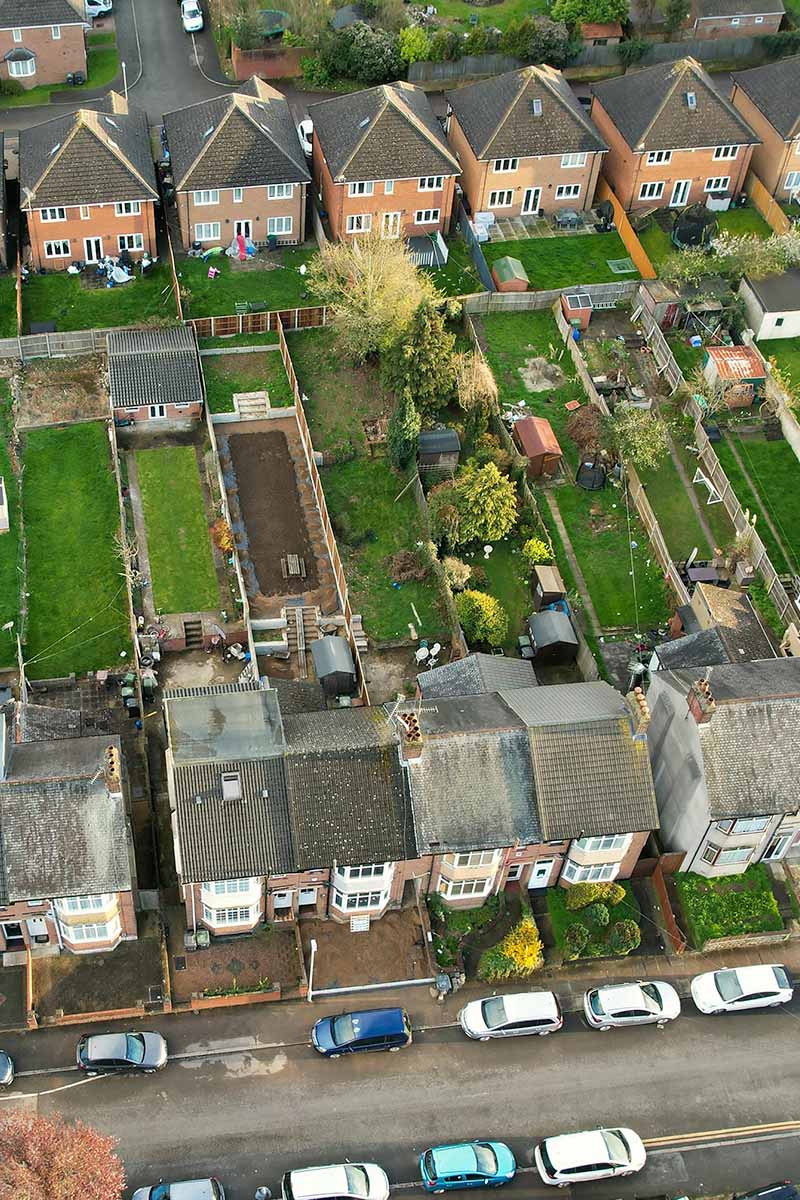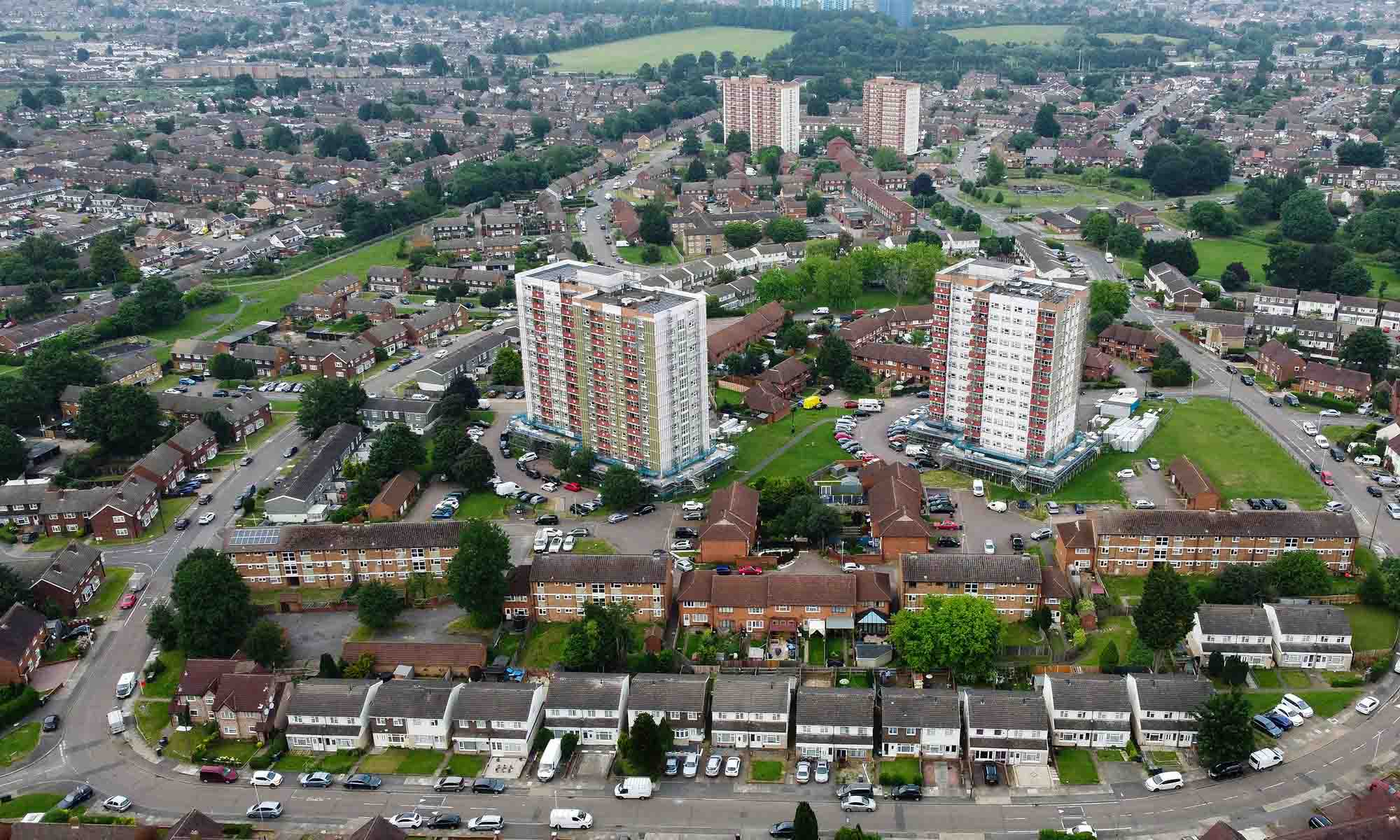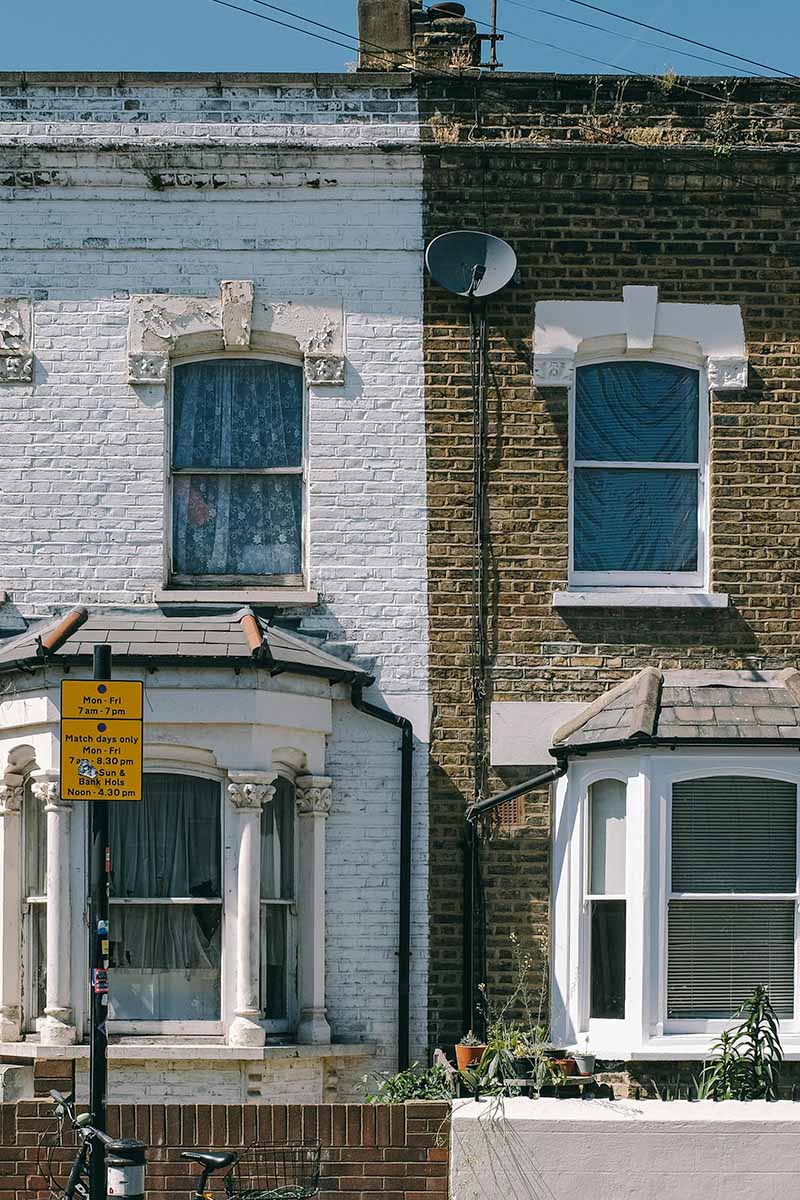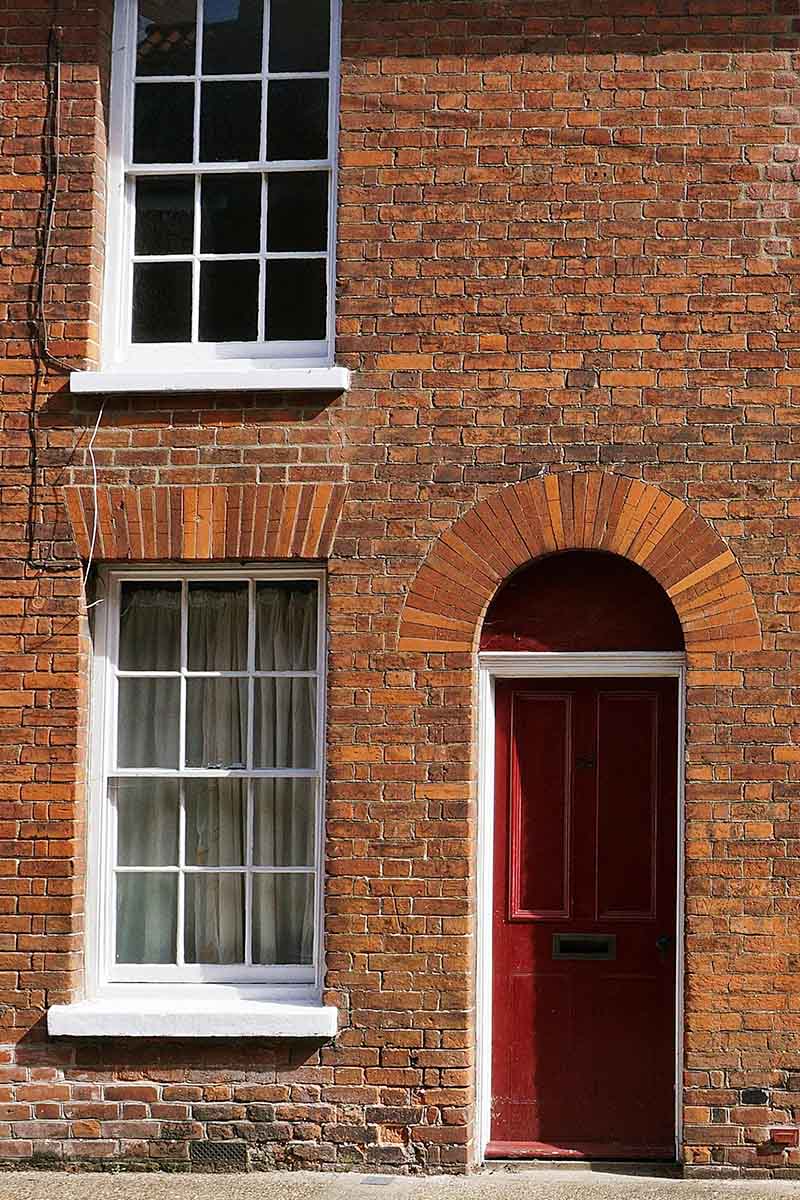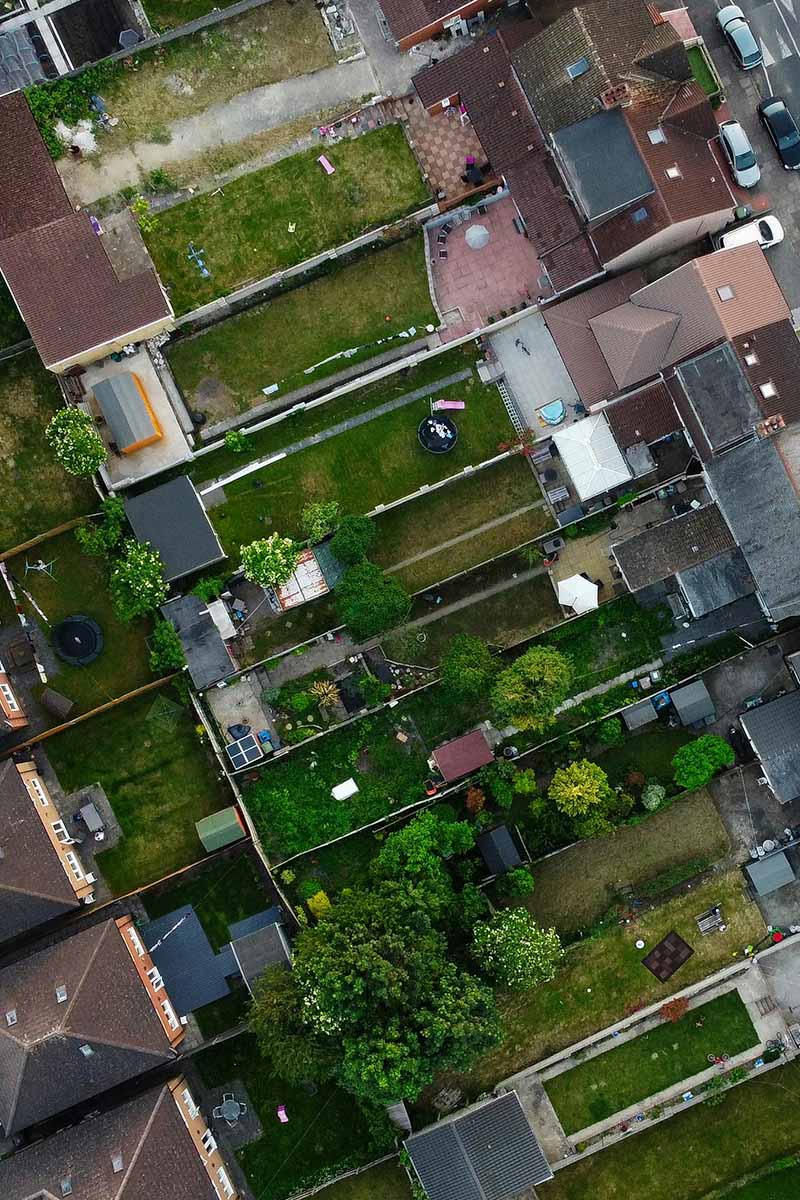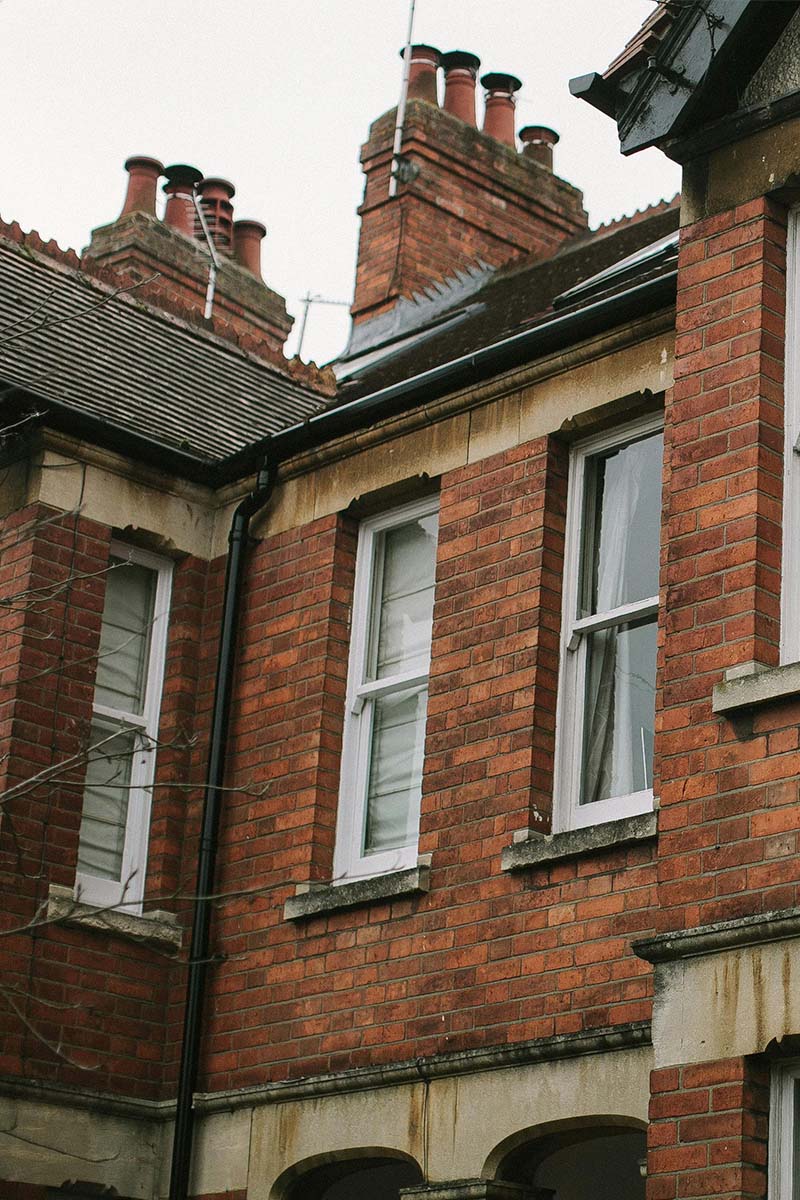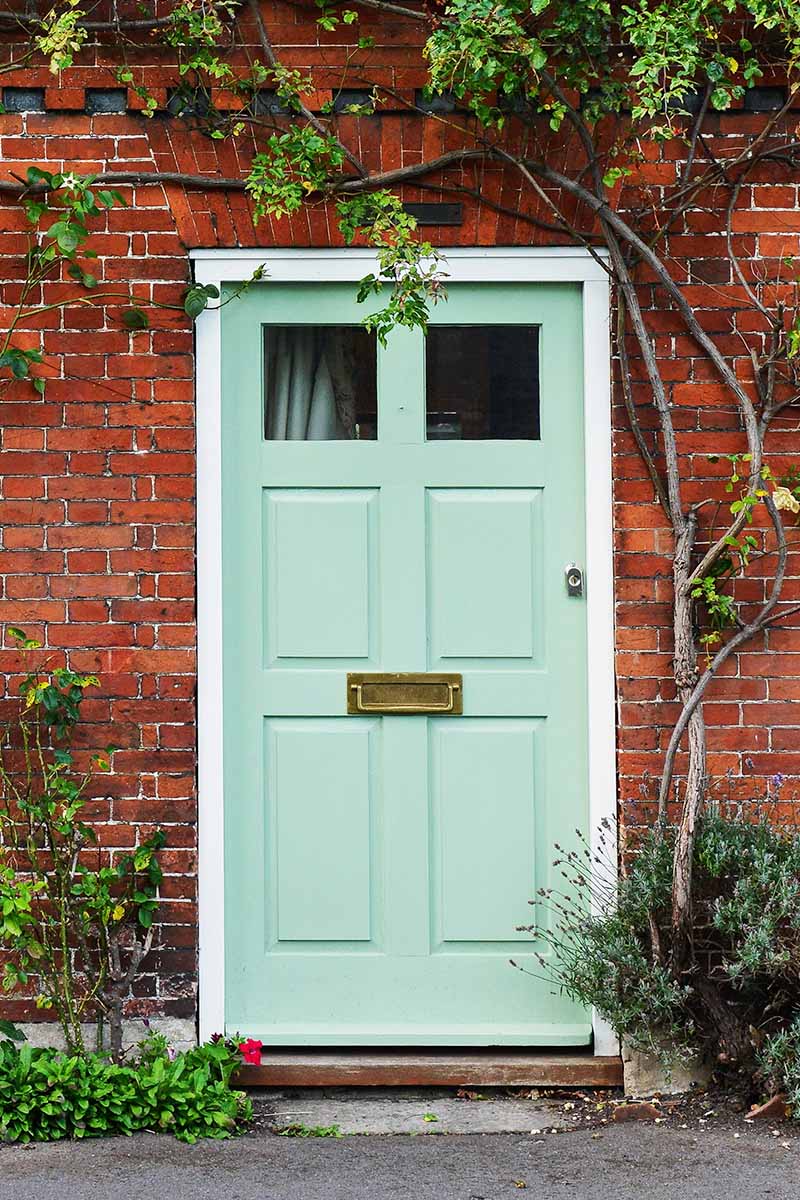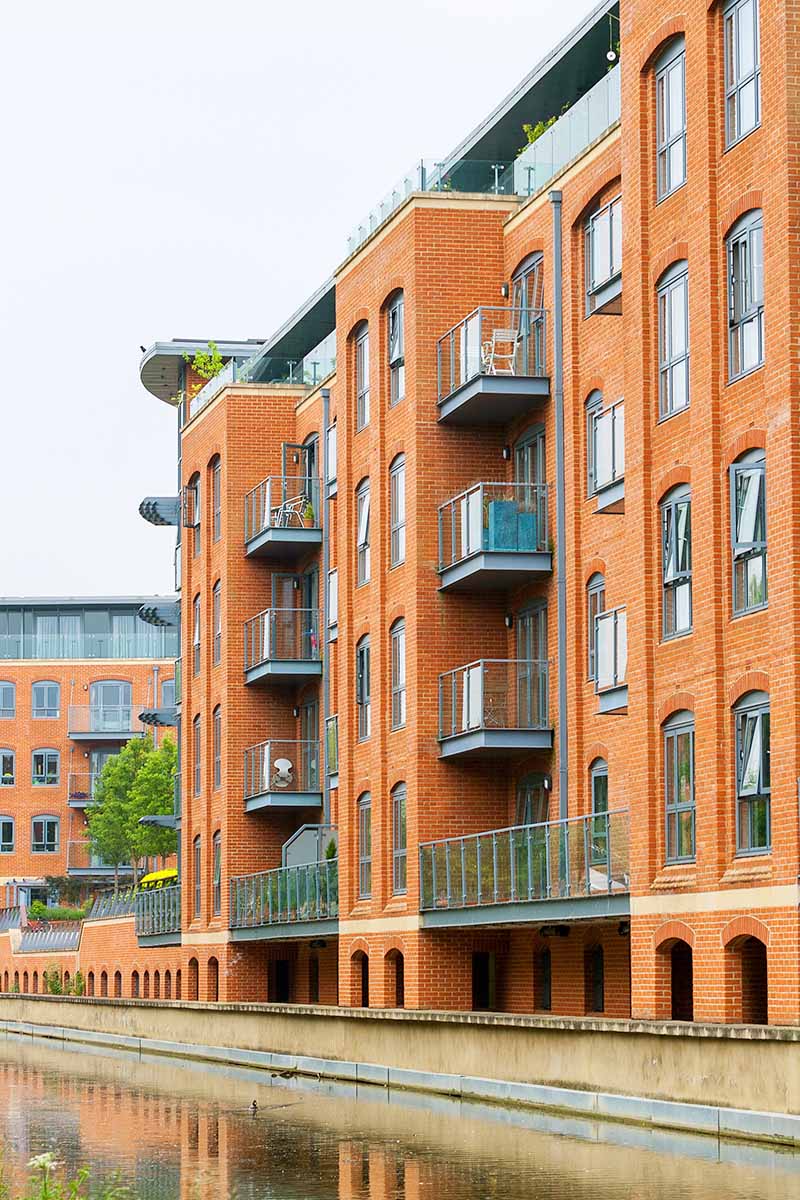Can I stop my neighbour keeping bees?
Bee keeping is increasingly popular in the UK, but what happens if your neighbour’s hives are affecting your home life? Whether it’s fears of being stung, concerns about allergies, or just feeling overwhelmed by swarms in your garden, you may be wondering if you can stop a neighbour from keeping bees. This guide explains your rights, the law, and the options available to resolve the issue.
You can’t automatically stop a neighbour from keeping bees, but you may have options if their hives are causing a genuine nuisance or safety concern.
- Bee keeping is legal, but neighbours must take reasonable care not to cause harm.
- Excessive bee activity could count as a nuisance if it affects your use of your home.
- Under UK law, you can complain to the council or apply to court in serious cases.
- You should start by speaking to your neighbour and documenting any issues.
- Stings, swarming, and disruption may support a complaint if persistent and severe.
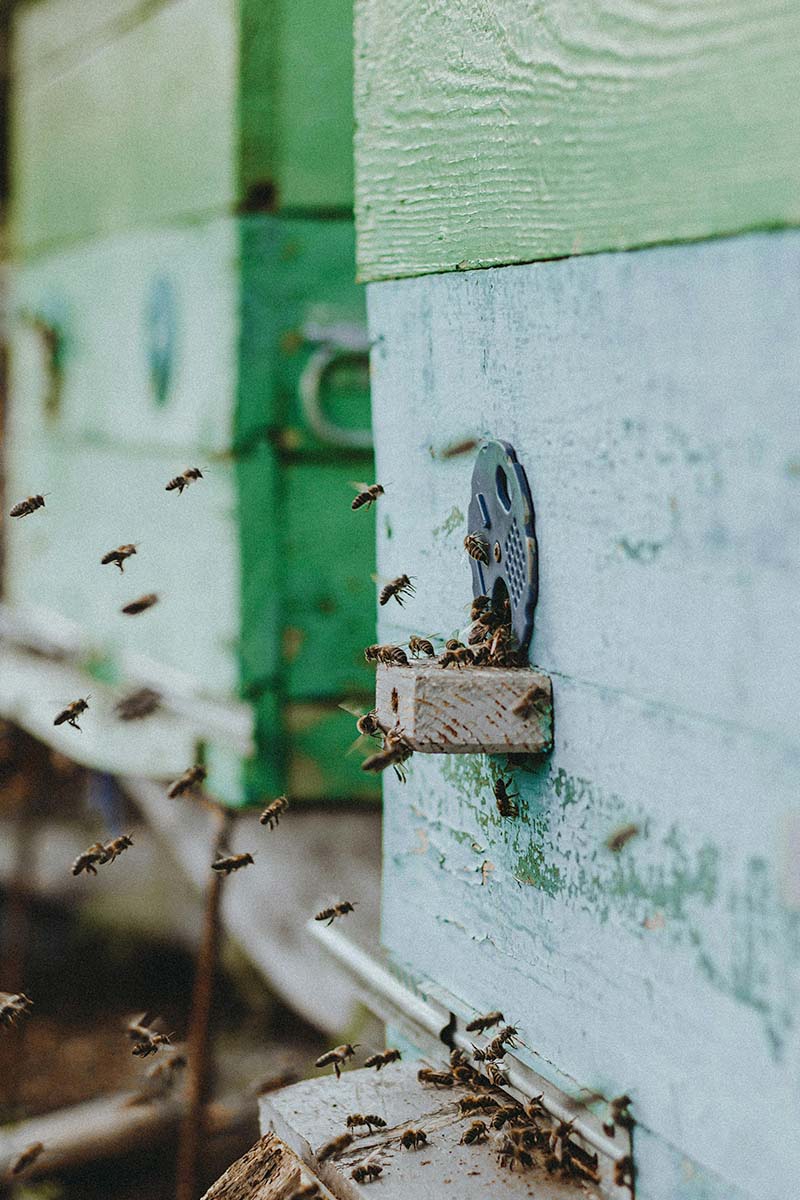
Are neighbours allowed to keep bees?
Yes. In most parts of the UK, people are allowed to keep bees in their garden or on private land. There are no specific laws that prohibit residential bee keeping, and no general requirement to seek permission.
However, while the activity is legal, bee keepers have a responsibility to prevent harm or disruption to others. If bees are managed irresponsibly and begin to interfere with neighbours, formal action may be possible.
Can I ask them to move the beehive?
Yes. You can ask, and it’s often the best first step. Many bee keepers are happy to move a hive further from boundaries, install screens to redirect flight paths, or reduce colony numbers.
When approaching your neighbour:
- Explain how the bees are affecting your home or garden.
- Ask if they’re willing to reposition hives or reduce their presence.
- Keep things calm and solution-focused to avoid unnecessary conflict.
If your neighbour belongs to a bee keeping association, they may be able to access advice on how to minimise disruption.
When can I take action against my neighbour's bees?
You may be able to take formal action if:
- The bees create a statutory nuisance under the Environmental Protection Act 1990.
- Your use and enjoyment of your home is being unreasonably affected.
- You’ve tried speaking to your neighbour and the issue remains unresolved.
In these cases, you can:
- Complain to your local council's environmental health department.
- Apply directly to a magistrate's court for an abatement order if the council doesn’t act.
An abatement order is a legal instruction for the bee keeper to stop or change their activity.
What counts as a bee-related nuisance?
UK law defines a nuisance as an unreasonable and substantial interference with your use or enjoyment of your home. For bee keeping, this might include:
- Regular or repeated stings.
- Swarms entering your home or garden.
- A garden that becomes unusable due to excessive bee activity.
- Persistent noise or odour from bee keeping equipment.
Minor or occasional disturbances, such as a few bees flying past, are not enough. Councils will also consider the severity, frequency, and duration of the problem, and whether it exceeds what a typical person should have to tolerate in the area.
Save time and hassle by selling your home with us
Get a guaranteed cash offer on any property in England and Wales. All you need to do to get started is enter your address below.
What if the bees have stung my family?
If a family member or pet has been stung, especially more than once, you may have stronger grounds to raise a formal complaint.
Here’s what to do:
- Seek medical help if needed and keep a record of treatment.
- Take photos or notes of the incident and note dates and times.
- Inform your neighbour politely and ask them to consider the risk.
- If nothing changes and the problem continues, contact the council.
Repeat incidents, especially involving children or known allergies, may support the case for statutory nuisance.
Can I complain to the council?
Yes. If the beekeeping is causing significant problems, you can contact your local council’s environmental health team. They will assess whether the activity qualifies as a statutory nuisance and may:
- Speak to the bee keeper.
- Investigate the impact on your home life.
- Issue an abatement notice if they believe the nuisance is serious.
If the council does not take action, you can still apply to a magistrates’ court directly.
Can I take legal action?
Legal action is possible, but usually only after all informal steps have failed. A court may grant an abatement order if:
- The bees are causing a serious and ongoing nuisance.
- You have evidence such as photos, records of stings, or professional assessments.
- The local authority has been informed or declined to act.
This route can be complex, so it's advisable to seek legal advice first. Keep in mind that occasional inconvenience is unlikely to succeed in court.
Summary: Your rights and options
- You cannot stop your neighbour from keeping bees simply because you dislike it.
- You can take action if their bee keeping creates a genuine nuisance or health risk.
- Start by speaking to your neighbour.
- Document any stings, swarms, or serious disruptions.
- Contact the council or apply to court if the issue is severe and persistent.
Property owners are choosing Habello for a faster, easier and less stressful way to sell
Sell your home quickly for cash by accepting an offer just below market value. See how we compare to your other options by using the calculator below.
Related guides
Bring yourself up to speed with our property guides.





